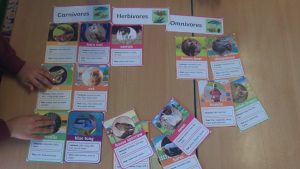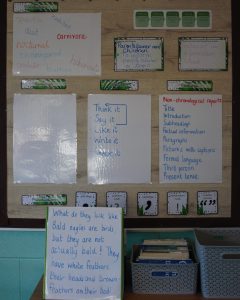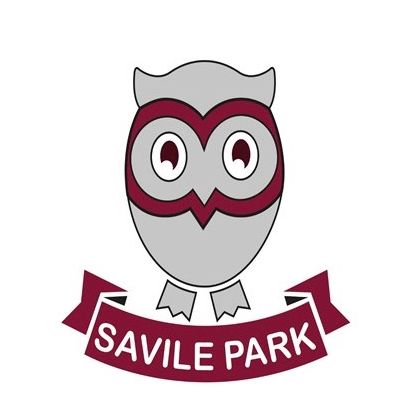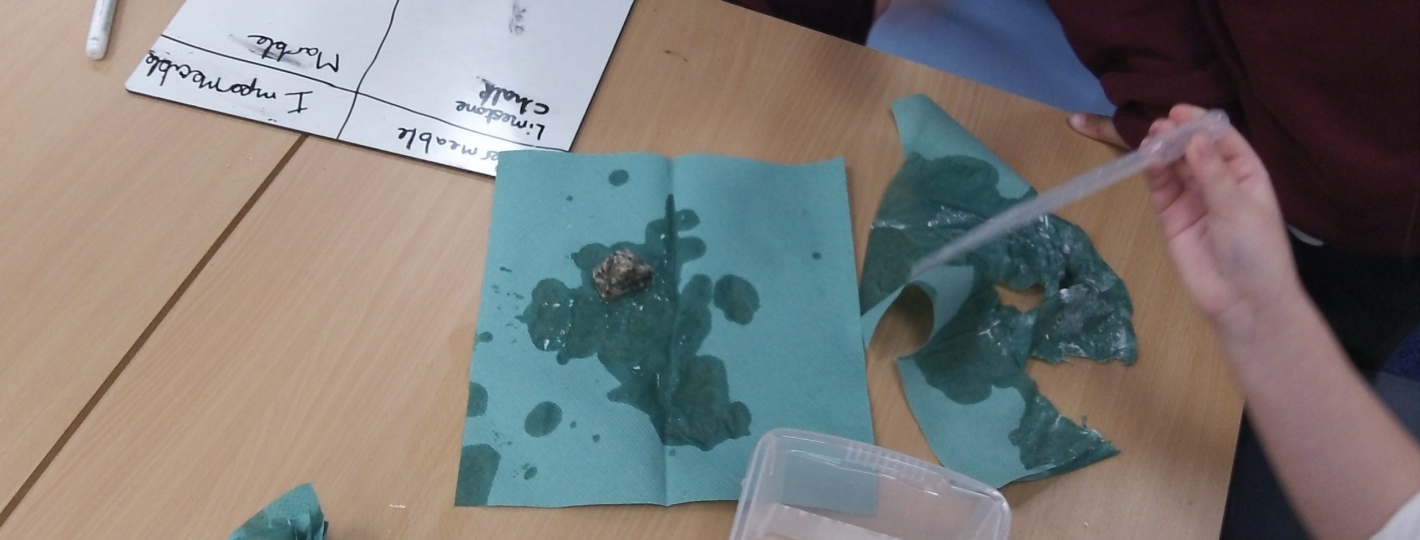Science
Exciting and Practical
Along with English and maths, science remains one of the main core subjects. It is one of the most exciting and practical subjects and, as a result, is a real joy for teachers and pupils. Children love the chance to learn through being totally hands-on and finding things out for themselves — the perfect way to understand the world around them. A positive science experience is also key to encouraging future generations to not only study this at secondary school, but also potentially to follow it as a career.
Progression of skills for Science
Progression in science – working scientifically
Early Years Foundation Stage

In the EYFS, science is included within the Understanding the World area of learning. As with other learning in Reception, your child will mainly learn about science through games and play – which objects float and sink during water play, for example. Activities such as these will help your child to develop important skills such as observation, prediction and critical thinking.
Key Stage One and Two
The content of science teaching and learning is set out in the 2014 National Curriculum for primary schools in England. Within this, certain topics and areas are repeated across year groups, meaning that children may revisit a particular topic in each year of primary school but with increasing difficulty and with a different focus each time.

For example, the area of animals, including humans is examined in every single year group, with a very clear progression of knowledge and understanding over the six years:
In Year 1 this involves: looking at the human body, recognising animal groups and sorting these animals.
By Year 6, this will have developed into knowing the internal structure of the human body in relation to circulation, classifying living things based on more complex characteristics and exploring scientific research into this classification.
Working Scientifically

Alongside these areas runs the Working Scientifically element. This focuses on the skills the children need to become accurate, careful and confident practical scientists. Children are expected to master certain skills in each year group and there is a very clear progression of these set out for each school to refer to. For example:
In Year 1 a child may have to ask questions, carry out a simple test, record simple data and then try to answer questions.
By Year 6, they should be able to plan and carry out a fair test by using equipment accurately and taking exact readings or measurements. They are also expected to be able to draw conclusions from their results and record them using a range of graphs and charts.
How can I support my child in science?
1. Be interested
Find out their termly topics (most schools will provide this information each term, or you can always ask their teacher) and take an interest — find relevant books in the library or bookshop, do some research, brush up your own knowledge about the topic! Then you can have interesting conversations where you are both learning at the same time.
2. Take a trip
Why not take a trip to the park, woodland, science museum, a zoo or an aquarium? These don’t necessarily need to be completely related to what they are learning about at school. Any visit can help their curiosity and engagement with science generally.
3. Make it personal
Find out about famous scientists and research unique and exciting inventions up to and including the present day. Who knows, you may have the next Stephen Hawking or Marie Curie at home!
4. Get hands on
Look up fun, practical science experiments you can do at home with everyday objects.
For example:
- Ask ‘What happens when you mix food colouring in milk?’ Then add washing up liquid and watch what happens.
- Why not try making your own mini exploding volcano? Just add bicarbonate of soda, food colouring, washing up liquid and vinegar. Then stand back and watch the eruption!
- Cooking is also a great opportunity to mix ingredients, add heat and examine changing states.
- Try exploring changing states with ice and water to begin to see those changes that can be reversed and those that can’t.
- A real favourite would have to be ‘gloop’ — use water and cornflour (add food colouring too if needed) to explore solids and liquids. Just be prepared to get messy!
- Of course, there are also some wonderful science kits available to buy to push your scientists further – making crystals, rockets and even bouncy balls.
Anything where they can be hands-on and see the science happen in front of their eyes is guaranteed to be get them interested.

